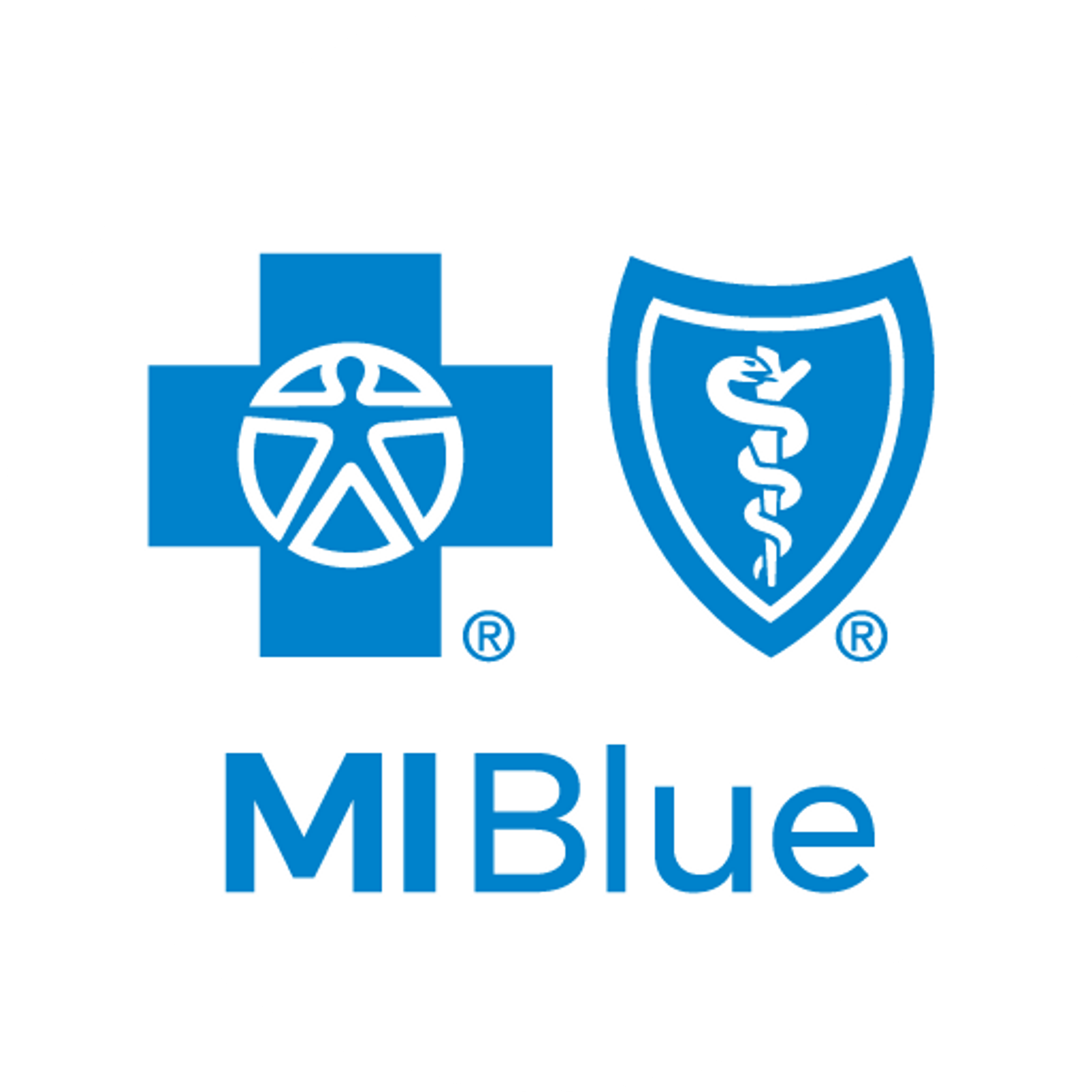Saving Lives & Improving Health Outcomes: Data Points to Success of MHA Keystone Partnership

Blues Perspectives
| 3 min read

When you walk into a hospital seeking medical treatment, you expect that the right care will be provided at the right time. You expect to feel safe, and to walk out of that hospital on the road to recovery. Safety and quality of care are what every hospital patient should expect. Exchange of information, best practices and communication in various settings are vital to ensure the best outcomes for your health. Did you know that all hospitals in Michigan and many of their team members voluntarily participate in programs to improve the safety and quality of health care through the Michigan Health & Hospital Association’s Keystone Center? MHA Keystone’s work is driven by evidence-based, best practices that are strongly supported by data captured in the hospital setting and communicated to all hospitals through collaborative programs. Michigan hospitals are seeing great improvements on safety and quality outcomes that directly affect the care you receive when you visit a hospital. Since its establishment in 2003, the MHA Keystone Center has directly improved safety and quality of care in hospital settings in numerous ways. When a patient enters a hospital, they don’t want anything to complicate their path to recovery – particularly an infection acquired in the hospital. In 2006, the MHA Keystone Center was recognized, in partnership with John Hopkins University, for eliminating bloodstream infections and ventilator-associated pneumonia in hospital ICUs – a project that was the largest of its kind in the nation. This helped hospitals improve care practices that now reduce the possibility of infections. Other significant work has been done to reduce Michigan’s infant mortality and further reduce hospital-acquired conditions and preventable readmissions. These positive advancements in patient safety and care through the MHA Keystone Center are possible because of several partnerships – including Blue Cross Blue Shield of Michigan’s. Blue Cross has supported the MHA Keystone Center with $16 million in funding since 2009. As a direct result of this partnership, data has shown a more than 10% decrease in opioid administration in participating Great Lakes Partners for Patients (GLPP) HIIN hospitals in a 12-month period. GLPP HIIN also saw 3,350 lives saved and more than 25,000 incidents of harm avoided while seeing total cost savings of nearly $300 million within hospitalized patients over 42 months. Having been a practicing anesthesiologist for more than 30 years, Dr. James Grant, Senior Vice President and Chief Medical Officer for Blue Cross Blue Shield of Michigan, saw the positive effects first-hand. “We do things differently and in a safer manner today because of this work. Patient checklists exist today that didn’t exist before the MHA Keystone Center," Grant said. "Staff take time-outs to assure protocols have been followed. Precautions have increased to promote safety and ensure sterile techniques for various procedures to avoid infections. The MHA Keystone Center has been instrumental in leading to a safer care environment for each patient we serve.” From lives saved to improved patient outcomes and safety standards, many of these interventions developed by the MHA Keystone Center are now being used throughout the nation and around the world. Blue Cross is committed to continuing to partner with the MHA Keystone Center to improve health for all. More from MIBluesPerspectives.com:
- Merging Mental Health and Primary Care to Benefit Patients at Judson Center
- Blue Cross Lowers Screening Age for Colorectal Cancer
- Coffee and Anxiety: What You Need to Know
Photo credit: Getty Images





